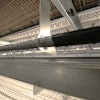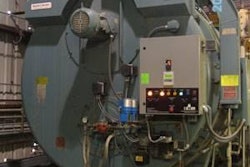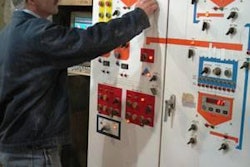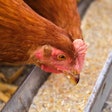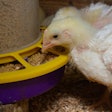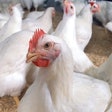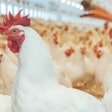Recently, I was harshly reminded why it is so important not to become complacent when dealing with things that require ongoing maintenance and attention.
About two years ago I purchased an old house. This is not a new experience for me, as I have bought and sold many old houses over the years. While many like to refer to what I do as “flipping,” the reality is that I just like puttering around old houses and flexing my DIY muscles.
Over the years, I’ve seen pretty much everything, as my purchases have always been on the low end of the market, price-wise. I’ve seen crumbling foundations, burst pipes, leaning walls and even an electrical system that was comprised of extension cords—sealed behind the sheetrock.
After a while, I think I became complacent about what was out there and a bit over confident in my ability to spot potential problems.
This was my mindset when a small leak developed in a rear portion of my new (old) house. I knew the house’s roof was living on borrowed time, so I bumped that project to the top of my to-do list. As I began to inspect things a little more closely, I discovered that I had more than just a leaking roof; three roof joists were compromised and about to collapse (a series of support braces had never been added during the original construction).
The discovery helped avert a crisis, but it also served as a wake-up call for me. Presuming to know the state of the roof structure was no substitute for actually checking it.
Earlier this year, I had the opportunity to attend a great conference on Feed Mill Management put on by the U.S. Poultry & Egg Association. I felt that one of the sessions, on feed mill boiler safety, brought this lesson home in a powerful way. The speaker, Marc Shockley, feed mill manager for Perdue Farms, made a simple yet profound statement, “When a boiler accident occurs, it is usually not minor.” To me, the statement emphasized the ominous implications of what can happen when a mill boiler fails.
It is for that reason that I felt it was important to re-run his presentation in the pages of FM. As more and more companies attempt to do work with fewer personnel, it is easy to unintentionally let procedures and controls slip in certain areas—it is the nature of the beast. However, we have to be vigilant—we can’t allow ourselves the luxury of assuming that things are working correctly just because there isn’t an immediate problem. As Shockley put it, “Man made it, and it can fail.” This holds true for mill boilers. And for me, roof joists.


